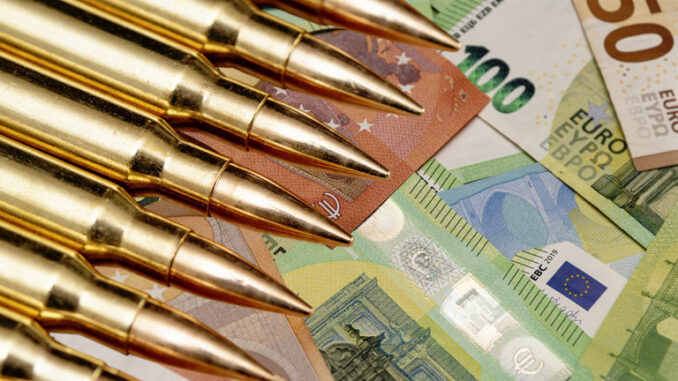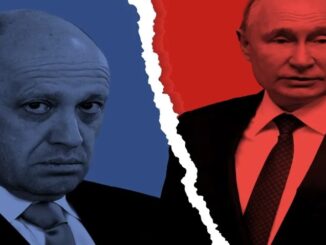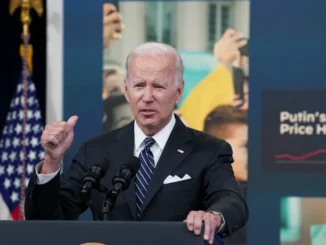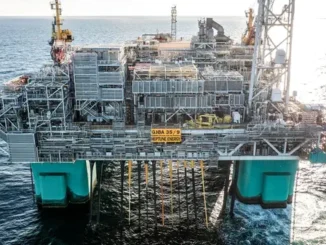
Tapping Russian assets frozen in the EU will bring harm to the single currency, the head of the Bank of Italy has warned
Using the euro as a tool in sanctions wars and political disputes would harm the currency’s image and standing, Bank of Italy Governor Fabio Panetta warned on Friday. He was commenting on discussions in Brussels regarding frozen Russian assets.
The EU, US, Japan and Canada froze some $300 billion of Russian central bank assets in 2022 as part of Ukraine-related sanctions against Moscow. Some $200 billion of that is held in the EU, largely in the Belgian clearing house Euroclear.
Brussels is currently working on plans to apply a windfall tax to the profits Euroclear is making on the frozen funds, while opting not to seize the immobilized money outright. However, Italy is one of several EU member states, including Germany and France, that have been skeptical of moves involving the assets, arguing that using them could prompt investors from other countries to doubt the safety of their own holdings in the EU and quit the bloc’s market, ultimately weakening the euro.
“This power must be used wisely,” Panetta said, referring to euro’s standing as a global reserve currency.
“International relations are part of a ‘repeated game’: weaponizing a currency inevitably reduces its attractiveness and encourages the emergence of alternatives,” he warned at an event in Riga, marking the 10th anniversary of Latvia adopting the euro.
According to the official, the recent surge in the use of the yuan in trade between China and Russia is “instructive in this respect,” because it was Western sanctions that prompted the trend, as they made it difficult for Russia to use US dollars and euros in cross-border trade.
“The Chinese authorities are explicitly promoting [the yuan’s] role on the global stage and encouraging its use in other countries, including those sanctioned by the international community following the invasion of Ukraine,” Panetta said, adding that the share of Chinese trade financed in the domestic currency has doubled in the past three years, allowing the yuan to overtake the euro as the world’s second most-used trade currency.
The official warned if the need to “be alert to the possibility that politics will have a greater impact on international currencies in the coming years.”
Western currencies have been largely phased out in Russia-China trade, as nearly 95% of all transactions between the countries are now carried out either in rubles or yuan. Russia is not the only major economy to use the Chinese currency for trade settlements, as more and more nations seek alternatives to the dollar and euro. These include Argentina, Saudi Arabia, Brazil and Iran.
For more stories on economy & finance visit RT’s business section



